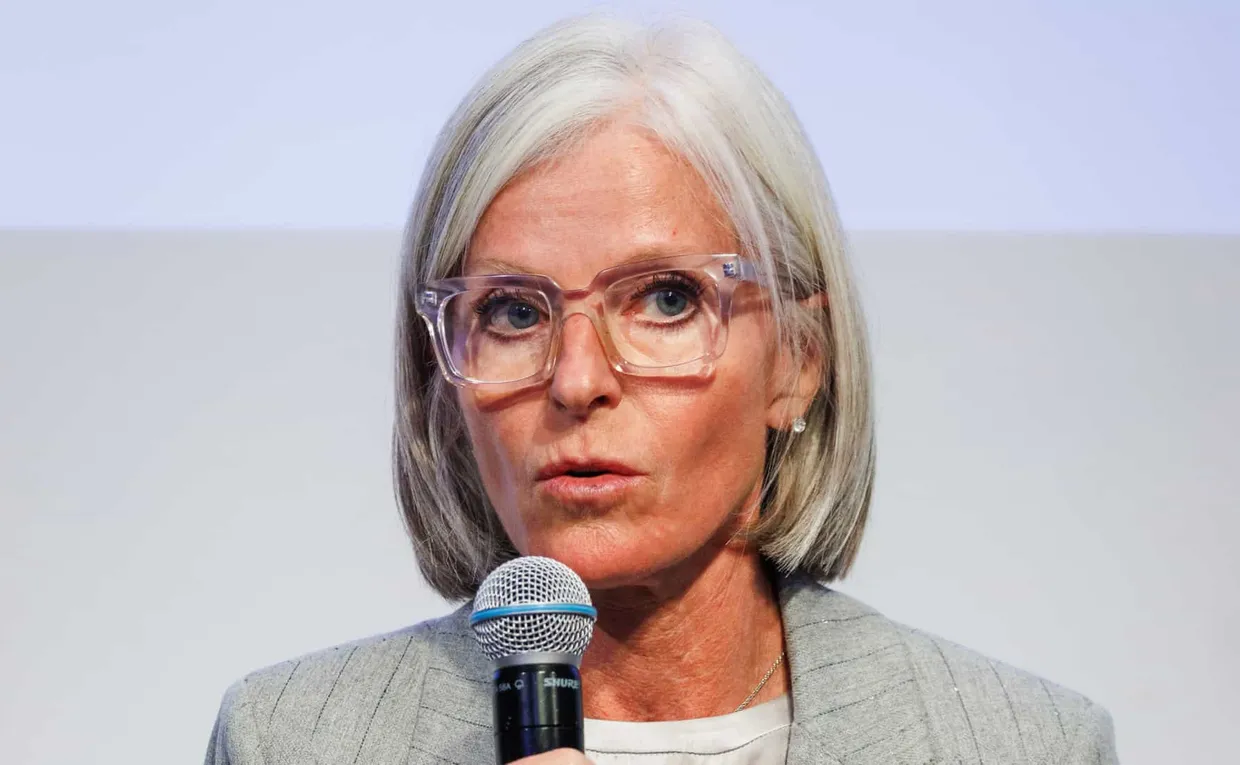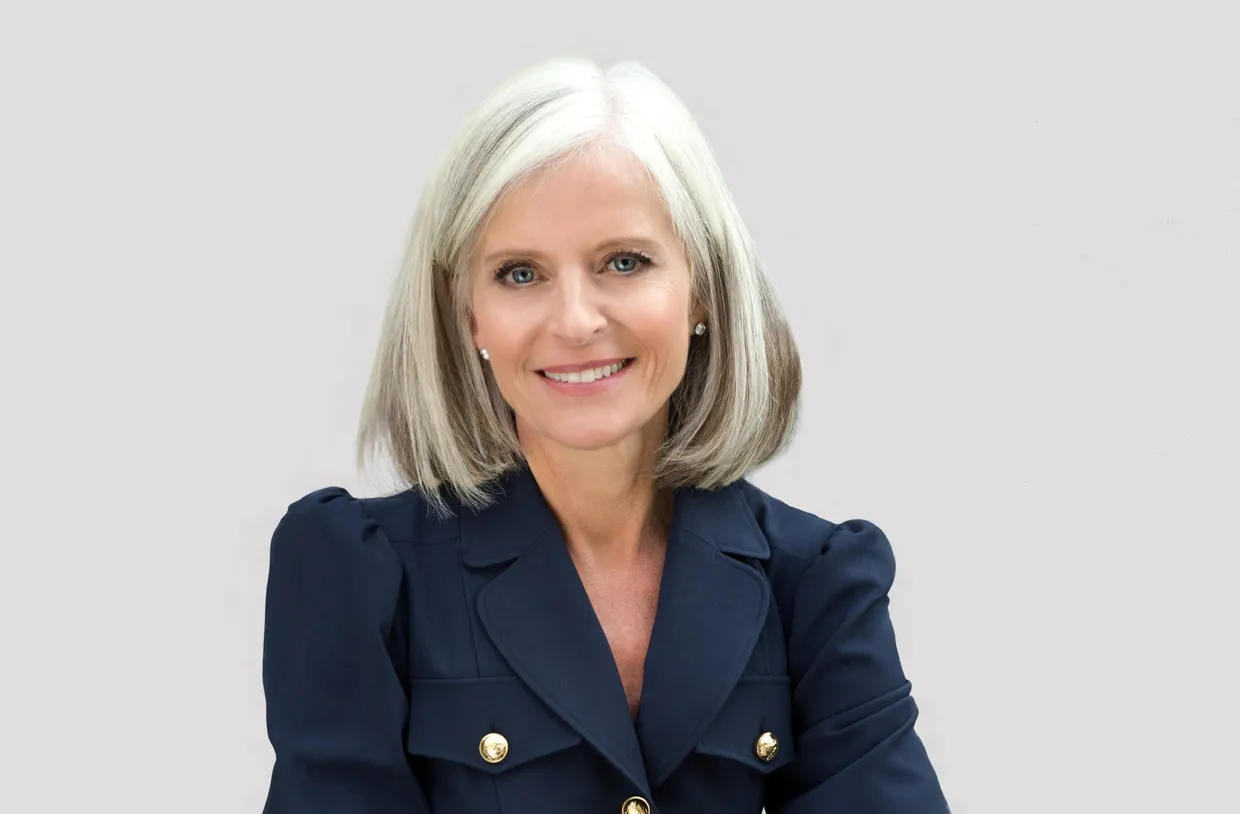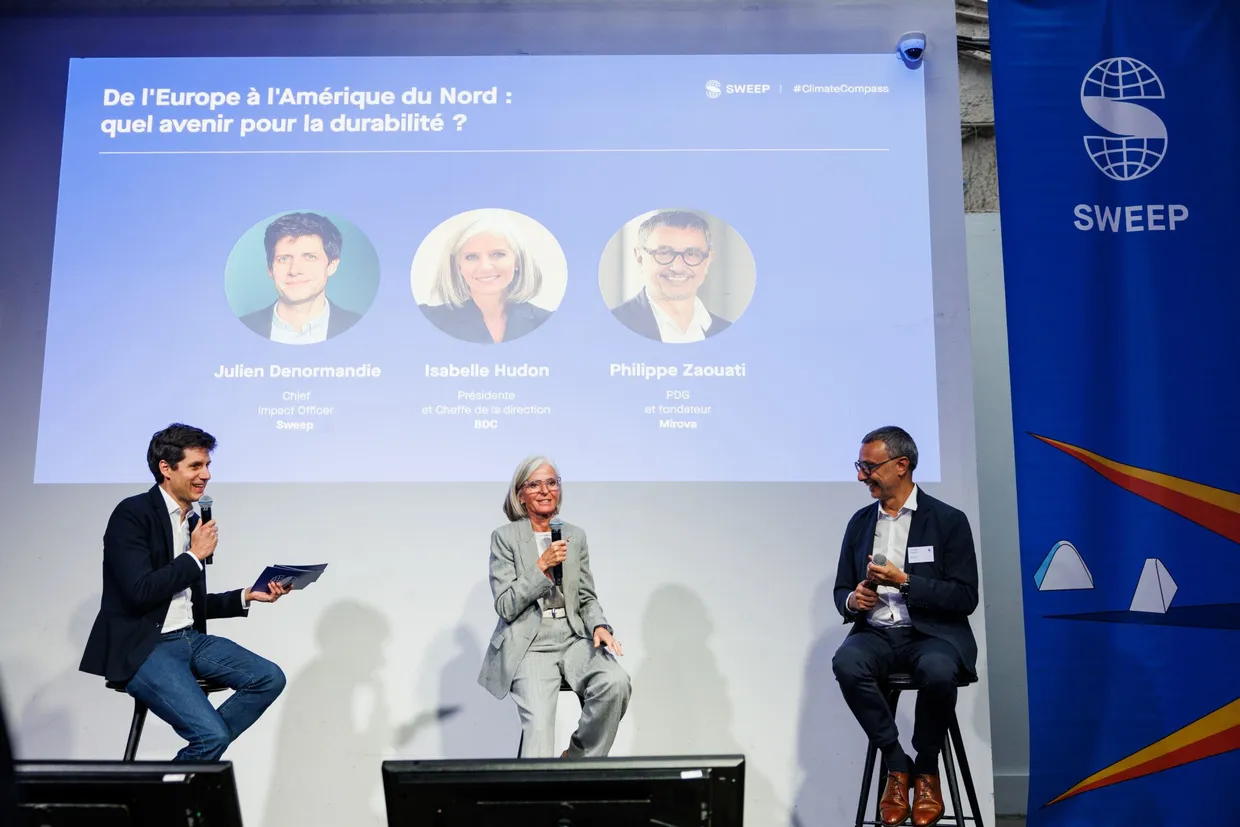“The train has left the station.” With that phrase, Isabelle Hudon, President and CEO of the Business Development Bank of Canada, sums up the unstoppable shift happening in business today. Sustainability, once treated as optional, is now at the heart of how companies compete, attract talent, and build resilience for the future.
Isabelle Hudon, who has led the launch of a $500 million venture fund for women-led businesses and previously served as Canada’s Ambassador to France and Monaco, has seen first-hand how the forces of sustainability, inclusive growth, and leadership converge. In a recent conversation, she shared why the change is happening faster than many expected – and what it means for entrepreneurs everywhere.
The underestimated role of small and mid-sized businesses
For years, the focus of sustainability conversations has been on large corporations. Yet smaller firms, collectively, hold enormous influence. Isabelle Hudon points out that entrepreneurs often underestimate their impact, initially dismissing climate action as something for “big business.” But the reality is different.





